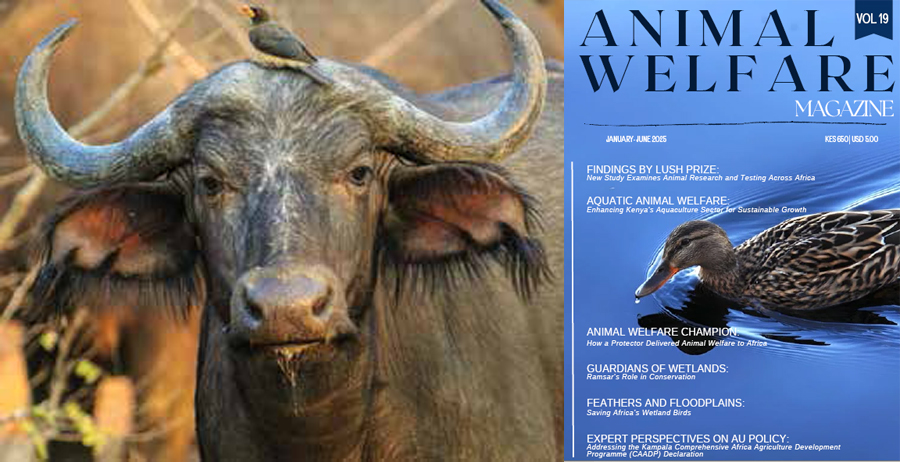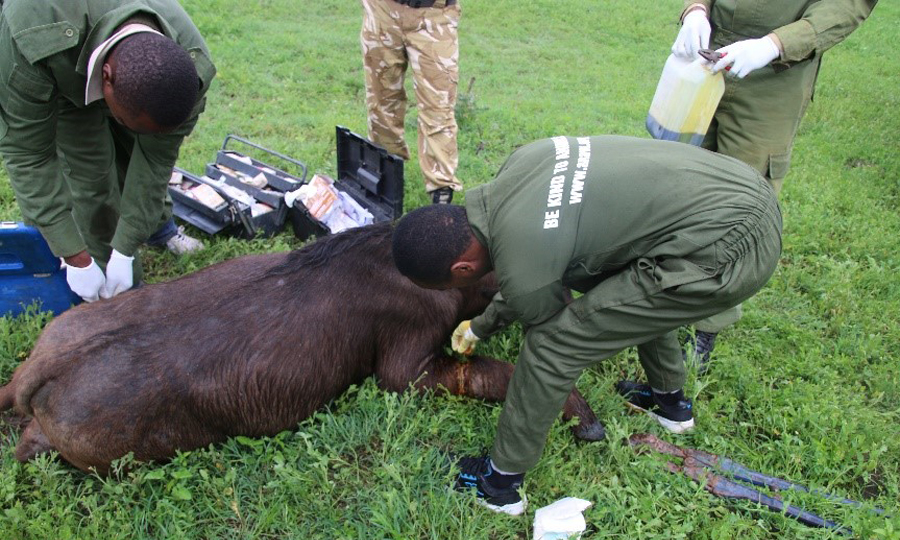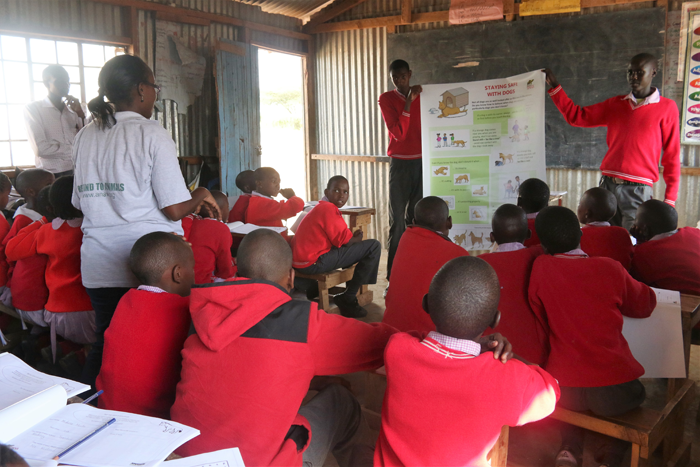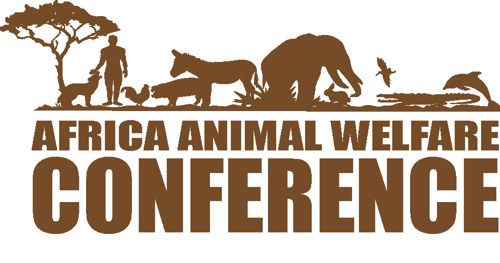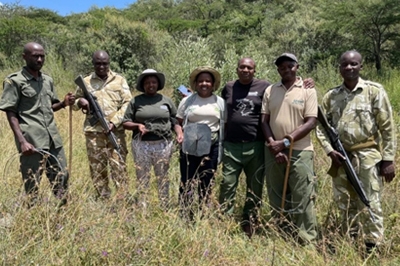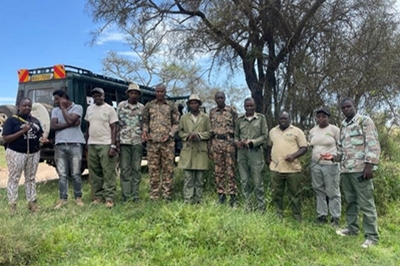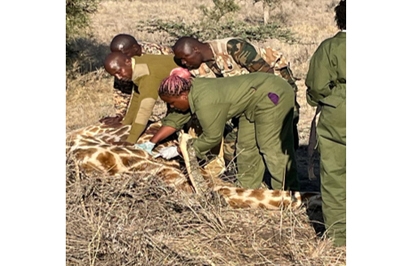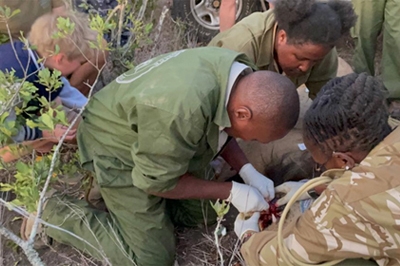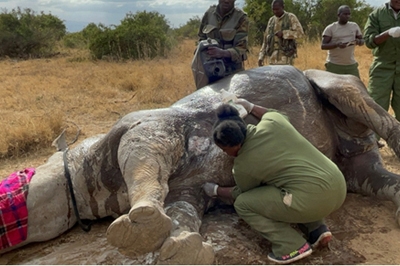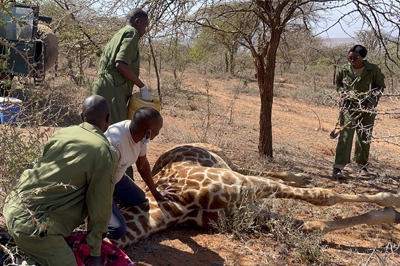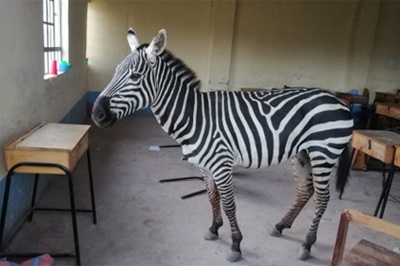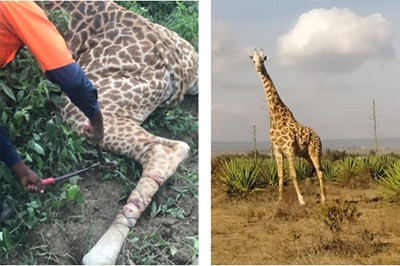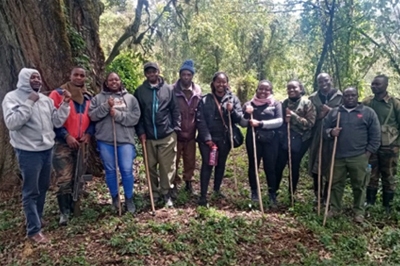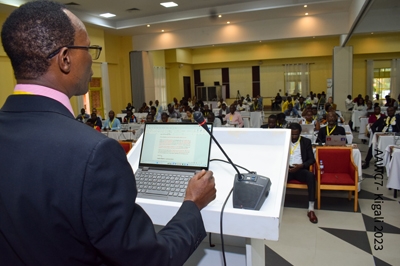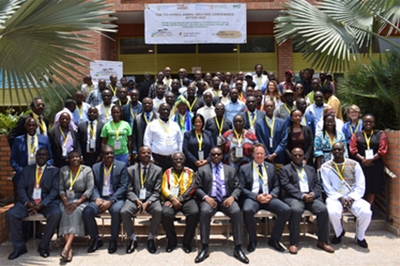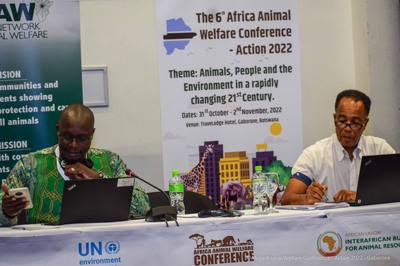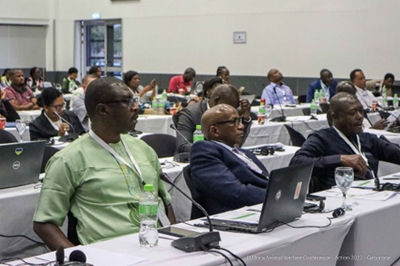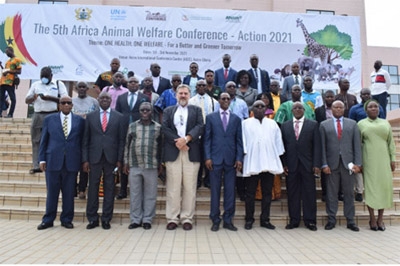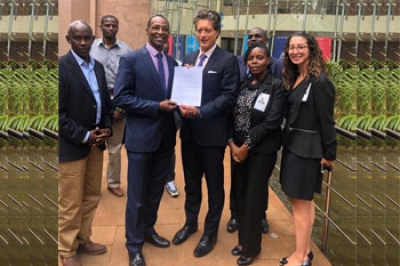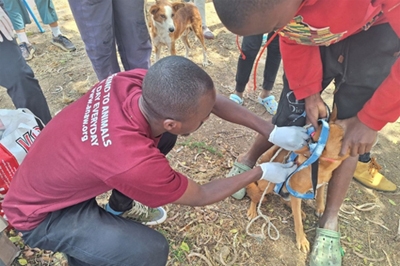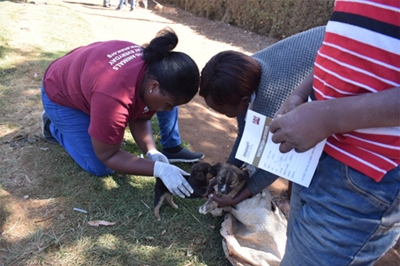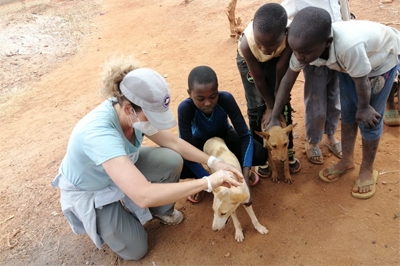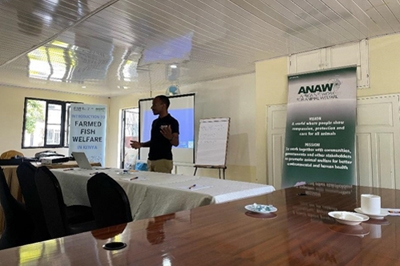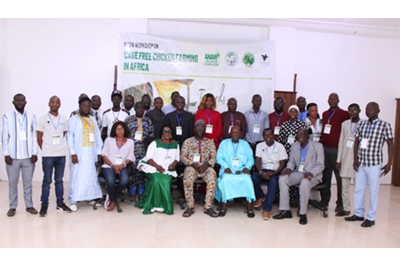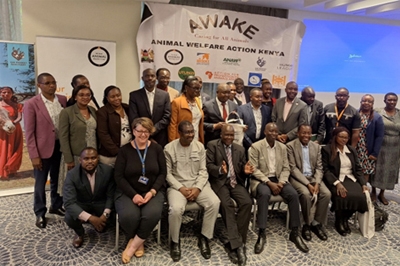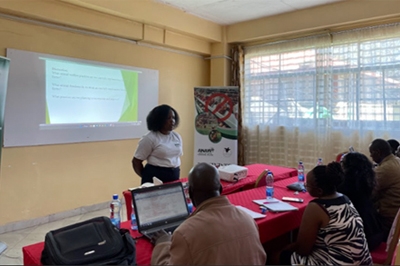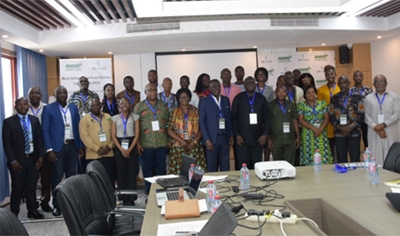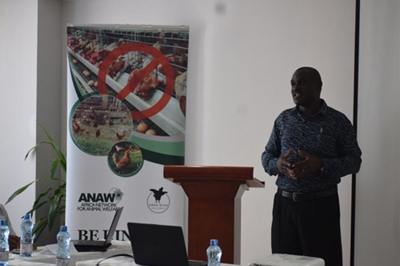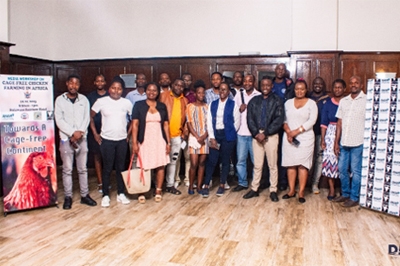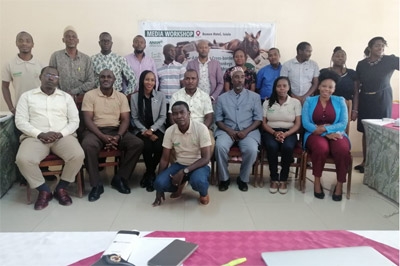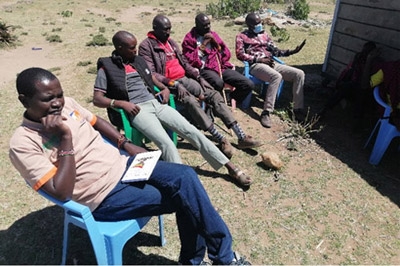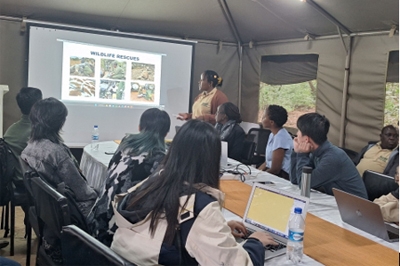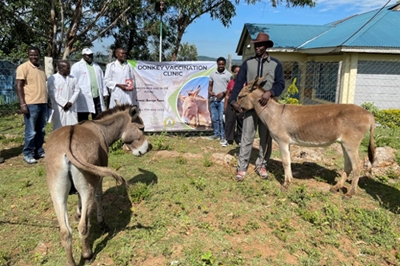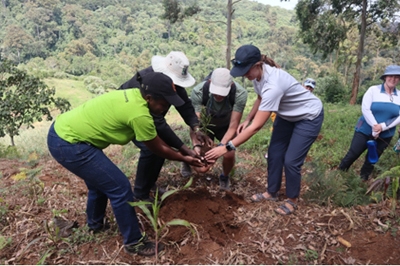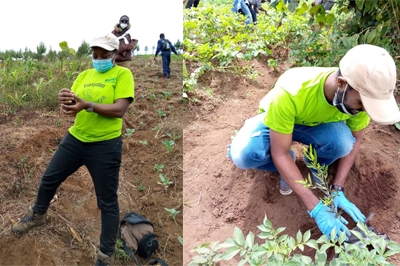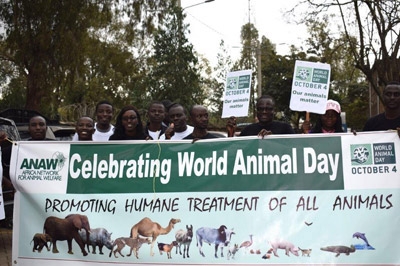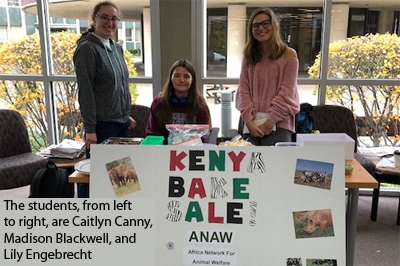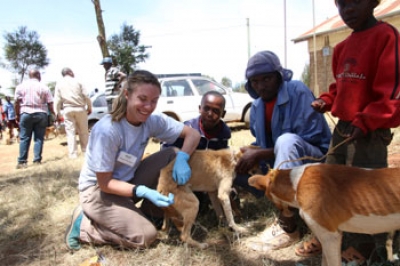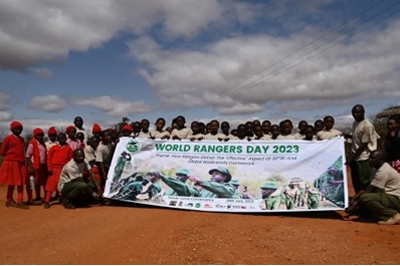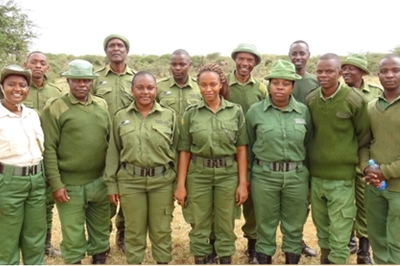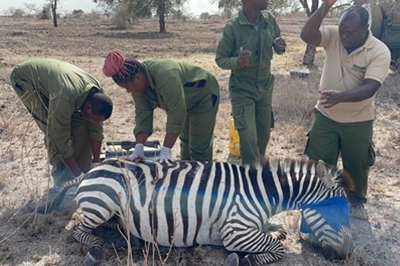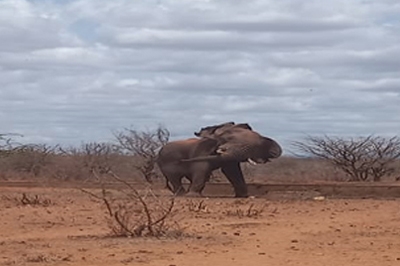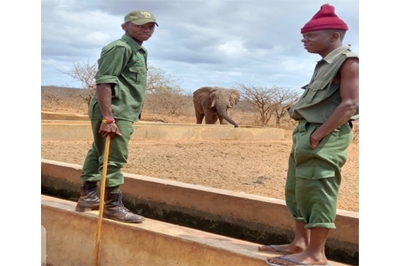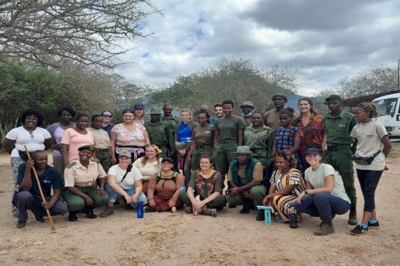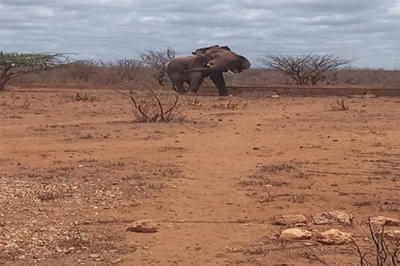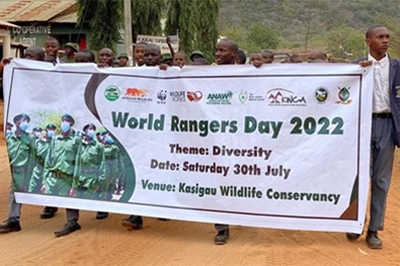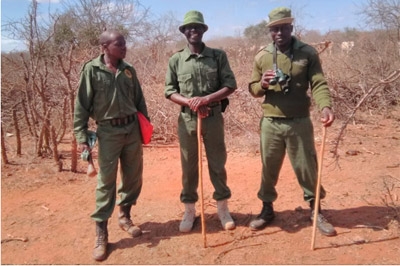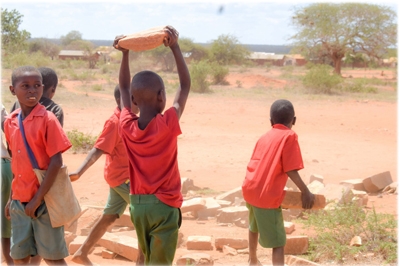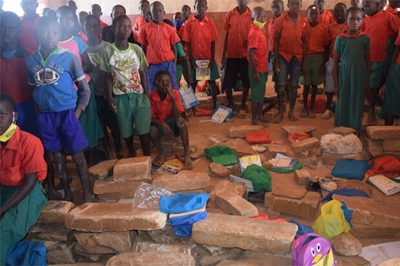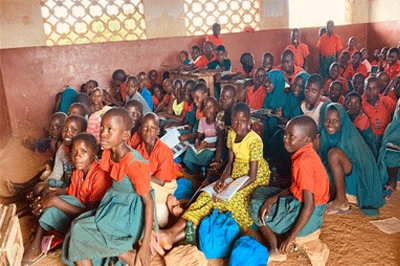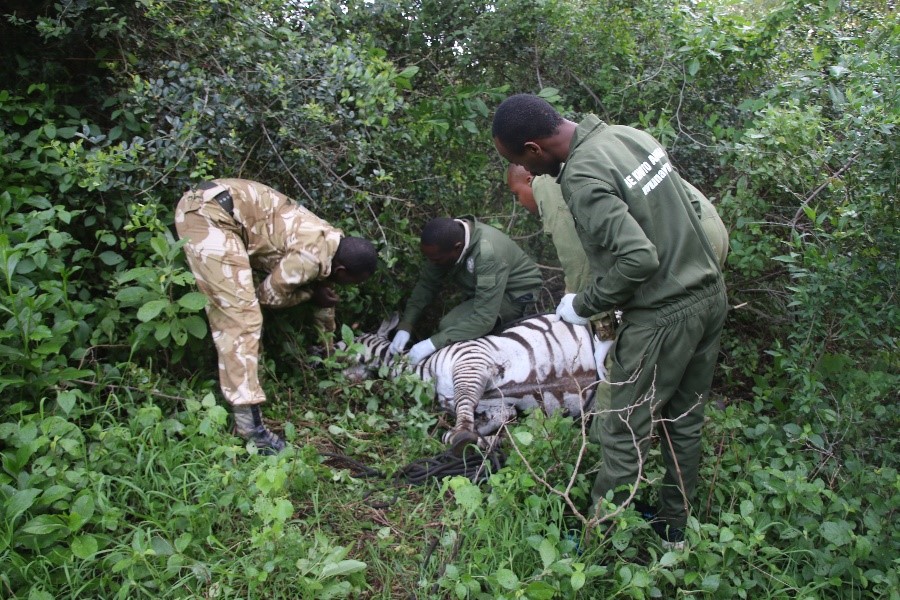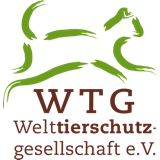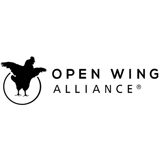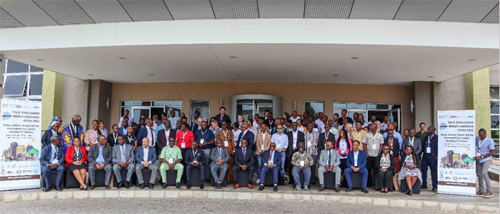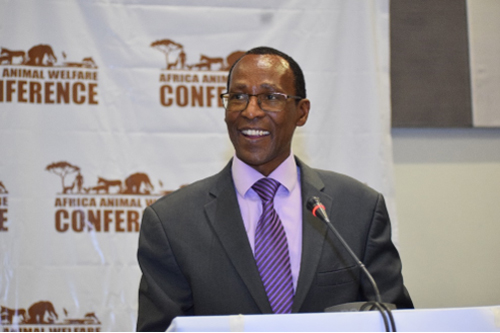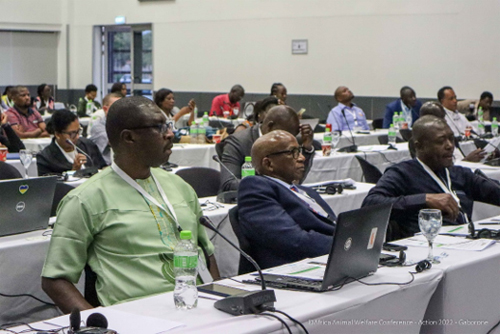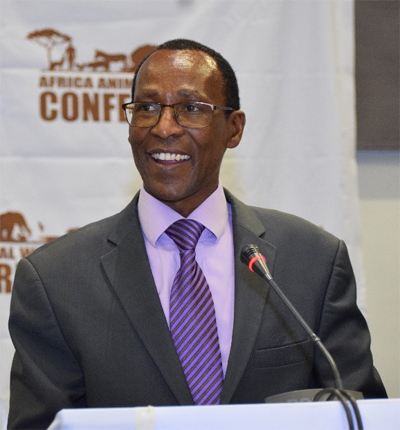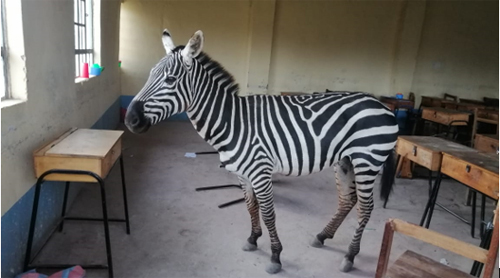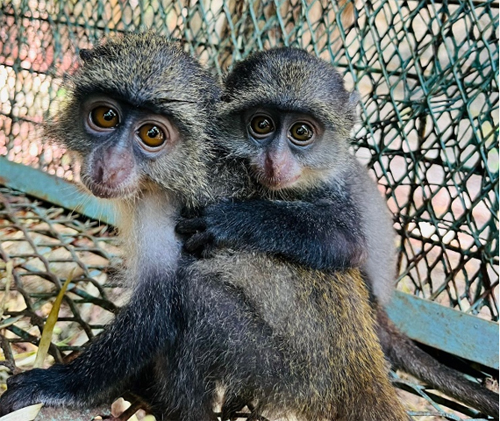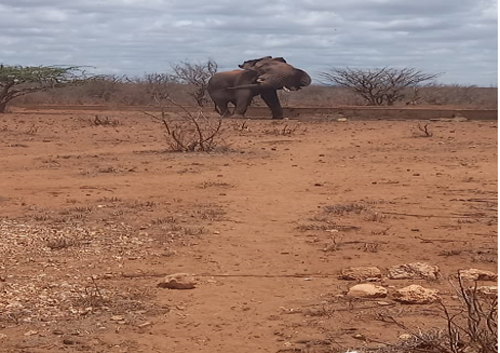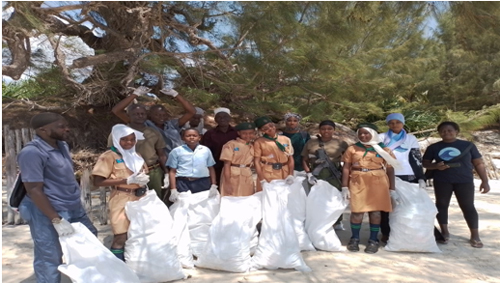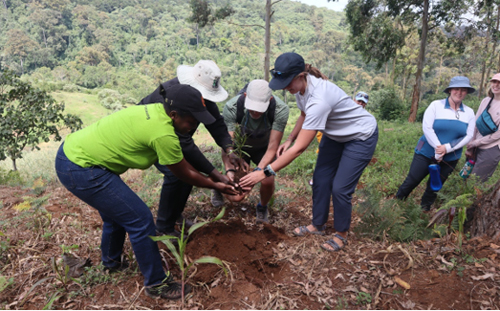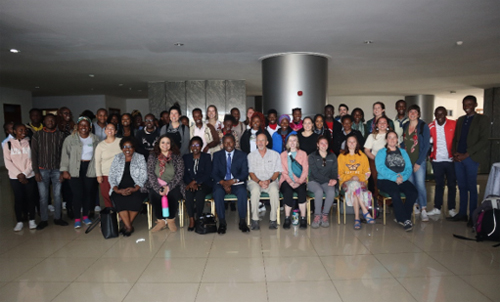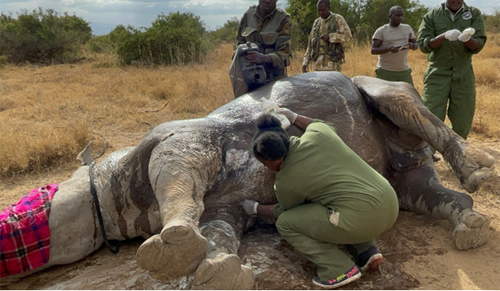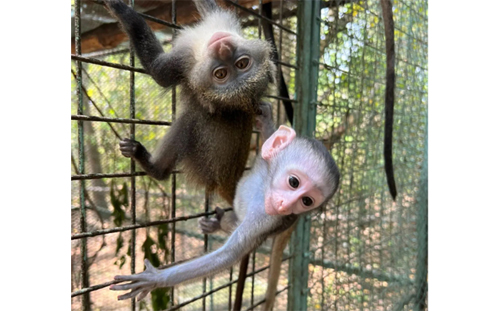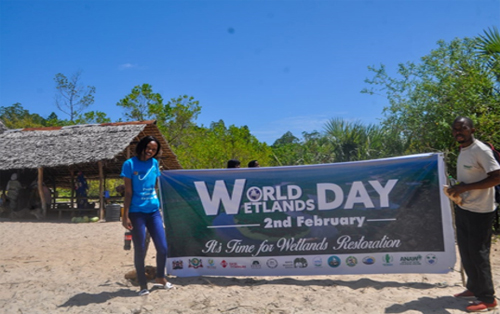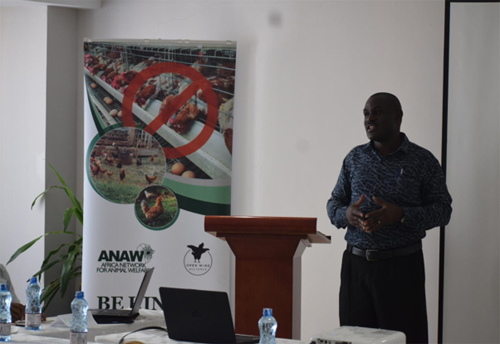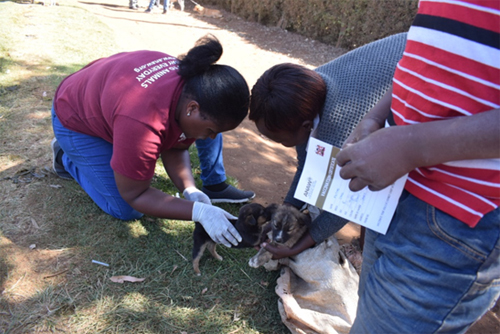Newsletters Archive
Animal Welfare Updates - September 2022Monitor Lizard and Hadada Ibis Amongst the Animals Treated in Diani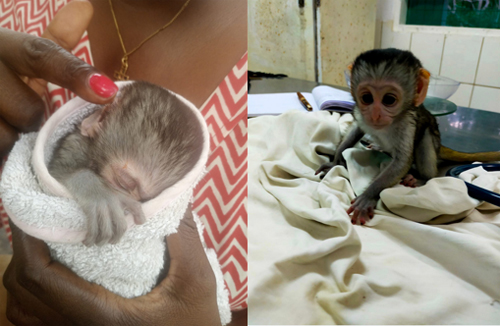
An Infant Monkey, Moshi, Was Taken into the Rehabilitation Program Following the Tragic Loss of His Mother. Photo Credit: Colobus Conservation Together with marine parks, coral rag forest, nature trails, and sanctuaries in the coastal town of Diani host distinct marine and terrestrial animal and bird life. As one walks along Diani Beach Road, primates peek from trees and dart as they move in troops. Unfortunately, as these animals live in close proximity to human beings, they experience numerous cases of human-wildlife conflict. Colobus Conservation provides a haven for primates like the vulnerable Angolan Colobus monkey (colobus angolensis palliatus) and other animals in its coastal forest habitat through promoting the conservation, preservation, and protection in south eastern Kenya. The Animal Welfare Clinic at Colobus Conservation was home to a variety of animals in September. ANAW partners with the organization to ensure that the animals are catered for, treated, and after recovery are released. In September, the clinic reported 13 animal welfare cases. The animals attended to included five (5) Colobus, three (3) Vervet, and two (2) Sykes monkeys. Other animals treated comprised of one (1) Monitor Lizard, one (1) Squirrel and one (1) Hadada ibis. The three (3) animals were treated and released back to the wild while one (1) infant Vervet monkey entered long term rehabilitation (currently under orphan care). Rescue Mission Eases a Giraffe’s Painful Limb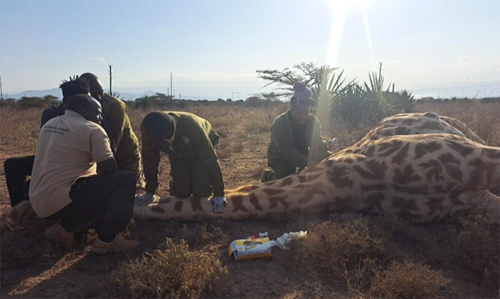
The Rescue Team Treating the Giraffe Assisted by Maanzoni Ranch Rangers The rescue team was anxious because they knew that the animal was in danger. They were at Kenya Nut Farm in Naivasha. They watched as the limping giraffe continued galloping despite the successful darting by the veterinarian seated on the passenger seat of the rescue vehicle. When the tallest mammal on earth took time to respond to the anesthesia administered to it, they knew that they had to act very fast to prevent insufficient oxygen supply to the body as it could be fatal. It is this that led them to jump out of the vehicle, bring down the giraffe, and pin it to the ground with as many hands as they possibly could at that moment. The process was challenging but the team was able to examine and treat the giraffe’s left foot which was swollen. The giraffe got up successfully after the process and galloped off into the wild. It was a moment to behold, for the rescue team. They had saved a life; and that was fulfilling. It is what they do – saving animals’ lives!. This was one among the two emergency wildlife rescue missions carried out by ANAW rescue team in collaboration with the Kenya Wildlife Service (KWS) Veterinary Unit from the Nairobi headquarters that resulted in the successful rescue of five (5) animals carried out. The four (4) animals, three (3) zebra and one (1) giraffe were rescued in Naivasha area while one (1) zebra was rescued in Machakos County. All the animals were rescued this month at Kenya Nut Farm, Sanctuary Farm, and Maanzoni Ranch in Naivasha. Poachers Caught with 20 Dik Diks and Six Birds in Kasigau Ranch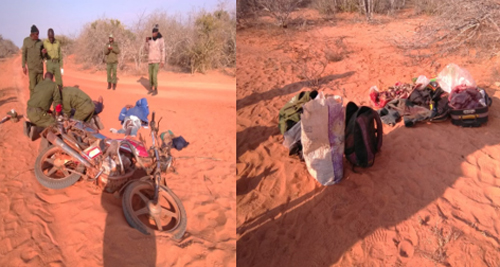
Bush Meat Impounded and Poachers Apprehended at Jerumani Area Kasigau Ranch Kasigau Ranch, the community land that lies between Tsavo East and Tsavo West National Parks, has experienced dire challenges in the month of September. A well-planned ambush by Kasigau Guardians revealed four (4) men caught with 20 dik dik carcasses, six (6) Francolin birds, three (3) torches, one (1) panga, one (1) trumpet and two (2) motorbikes. The men were arrested and are awaiting a court’s date for the mention of their case. Similarly, still in the expansive Kasigau ranch, a rogue elephant attacked someone at his home in Makwasinyi village. He was rushed to hospital, and was luckily able to make a recovery from the injuries caused by the marauding elephant. In a separate case, another elephant was located in Kiteghe village and after tough efforts carried out by the guardians and other partners, it was returned back to the ranch. In their 24 patrols, they were able to determine that the number of animals spotted has really decreased due to the current drought experienced in the area living all the dams and water pans dry with no water for the animals to drink. From the patrols the team was also able to determine some of the areas that need frequent patrols after observing a lot of human movements in and out of the ranch. Volunteers Celebrate International Coastal Clean Up Day in Msambweni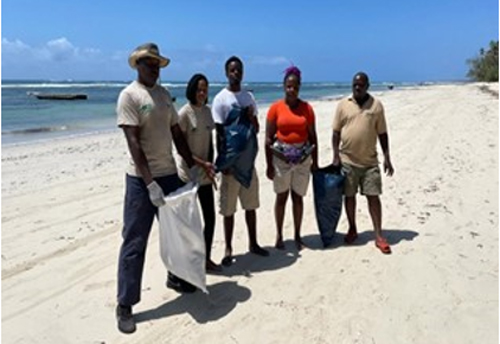
Participants Carry Trash During the Diani Beach Clean- Up Day This year’s International Coastal Clean Up Day was widely celebrated and marked by collecting trash along the Msambweni coastline on the September 17, 2022 with support from ANAW. The successful event attracted over 200 participants from different groups within the area including marine conservation groups, local area schools, ANAW and volunteers from the community and were able to collect 538 kilograms of trash. Sensitization and awareness discussions on the need to keep the ocean clean and protect the marine ecosystem were also held after the activity. The clean-up exercise culminated with speeches from different representatives. ANAW encouraged the community to participate in marine, turtle, and environmental conservation. In addition to taking part in the event, ANAW partially supported the exercise through financial contribution. In September, the Msambweni and Funzi groups conducted regular beach patrols with an objective of protecting the sea turtle along the coastline. No new nests or hatchlings were recorded along the Msambweni coastline. In Funzi island, the turtle group recorded 2 new nests that are expected to hatch in the month of November 2022. Workshops Held to Sensitize Community on The Plight of Caged Chickens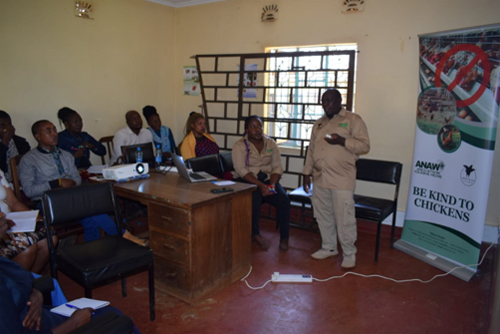
ANAW Staff Gives a Presentation at a Workshop with Veterinary Professionals and Farmers With support from Open Wing Alliance (OWA), a team from ANAW held a series of activities in Kirinyaga County aimed at sensitizing on the importance of animal welfare and the plight of caged chickens. The team met and held a fruitful discussion with the Kirinyaga County Director of Veterinary Services (CDVS). The director highlighted some animal welfare issues in the county among them stray dogs in towns, increased incidences of dog bites, reported rabies cases, poor animal handling, inhumane slaughter and lack of stun gun, inhumane transportation, disregard to animal welfare, lack of capacity to enforce animal welfare law and low extension service capacity. The team later held sensitization forums bringing together about 40 veterinary professionals and farmers from different parts of the county. The team also held a meeting with the management of Animal Health and Industry Training Institute - AHITI Ndomba to request for an opportunity to hold animal welfare sensitization forums to academic staff and students in the facility. The team is scheduled to offer the training once the college sets the appropriate date. The team is carrying out a countrywide campaign against use of battery cage system in chicken rearing, and encouraging farmers to opt for free range system which adheres to tenets of animal welfare. Implementation of the National Wildlife Strategy 2030 Reviewed in Validation Workshop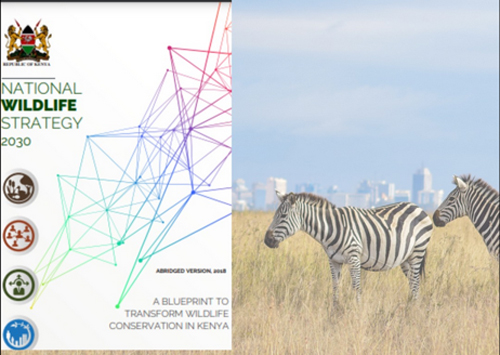
The National Wildlife Strategy 2018 – 2030 launched by the Ministry of Tourism and Wildlife. Photo Credit: Conservation Alliance of Kenya On September 21, 2022, ANAW took part in a validation workshop to review the implementation of the National wildlife strategy 2030. The meeting was organized by Conservation Alliance of Kenya (CAK). CAK is an umbrella membership organization to advance the protection and management of biodiversity through collaboration with the government of Kenya. ANAW is a member of this umbrella body. The purpose of the workshop was to assess a consultant's report on the review of the implementation of the national wildlife strategy 2030, gaps identified/challenges and priority actions for 2022-2027. The workshop was attended by representatives from government, council of governors, Kenya Wildlife Service and environmental conservation organizations. At the meeting, the consultants reviewed the document, section by section, and gave their feedback. They relayed questions to stakeholders on what worked and what did not work, and where the stakeholders are in the implementation process. The consultants gave comments on the process and feedback would to be integrated in order to ensure that the policy is implemented successfully. Support Our Work Here's a great way to support Africa Network for Animal Welfare (ANAW) to protect present and future generations of animals. You can do so through the following ways: A Donation A Legacy in Your Will |
||

